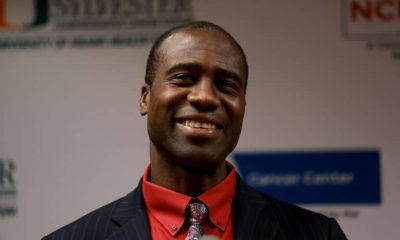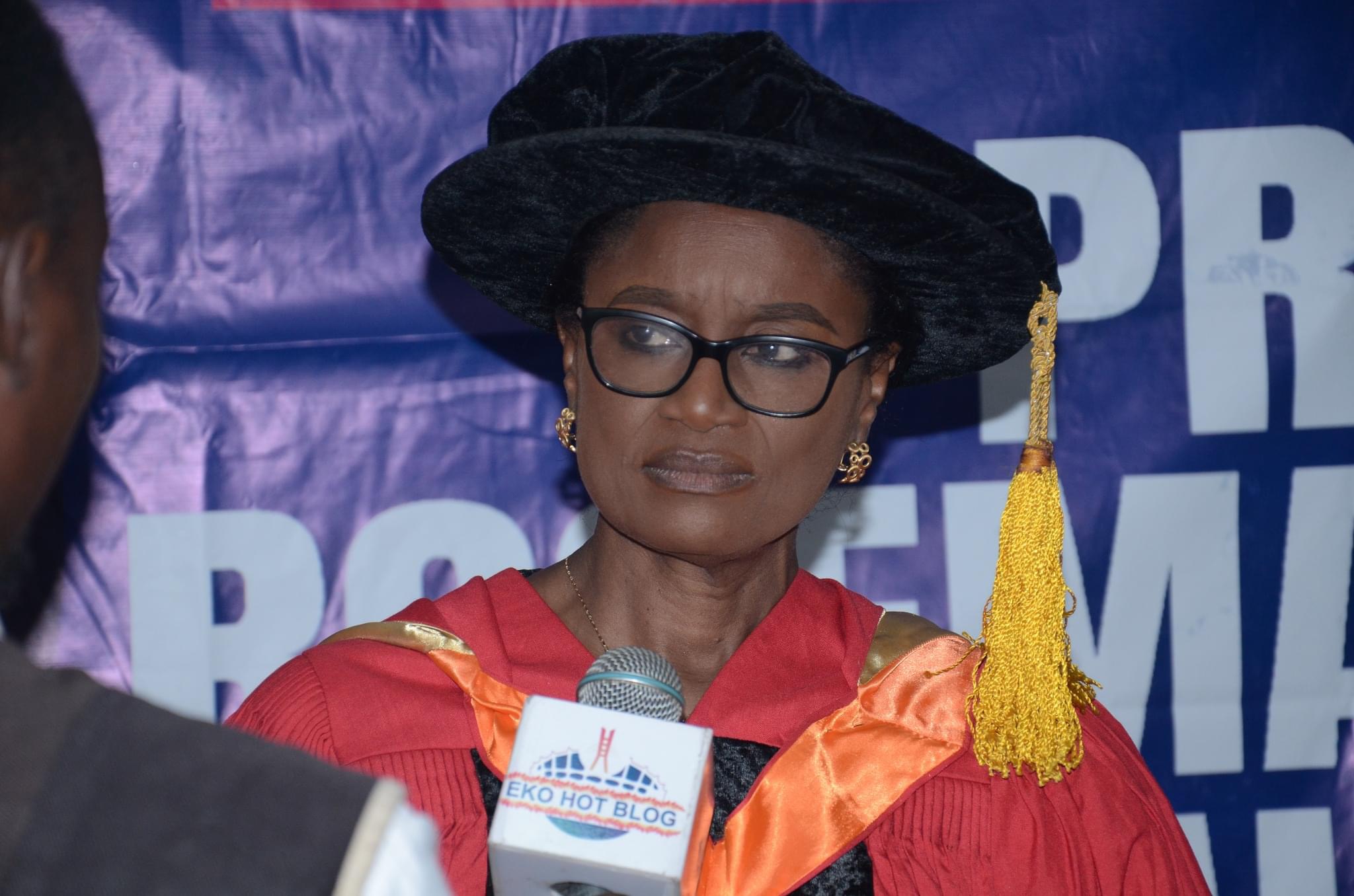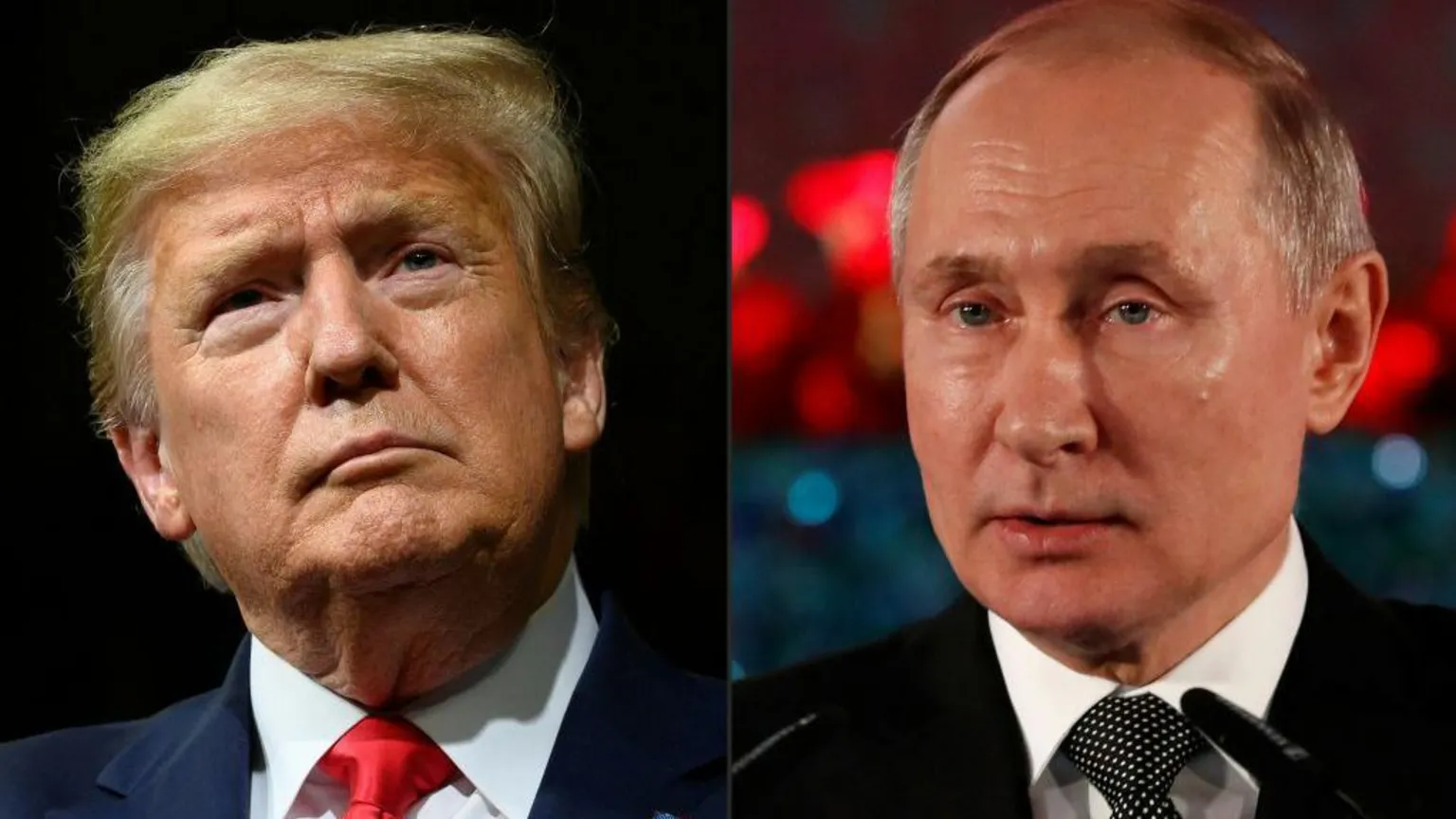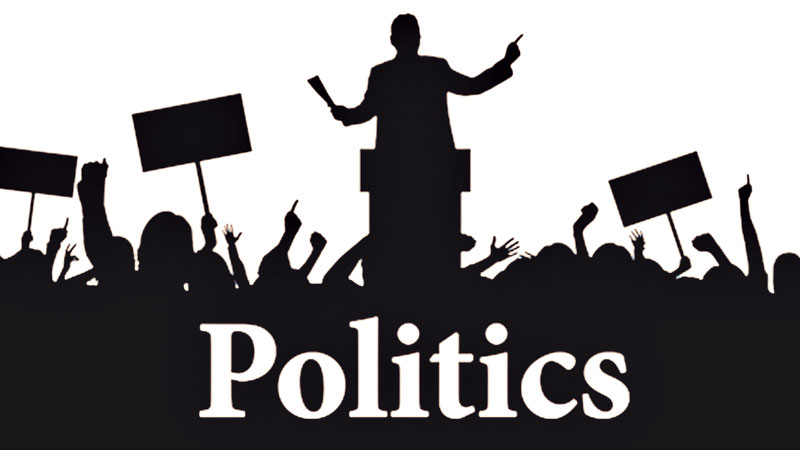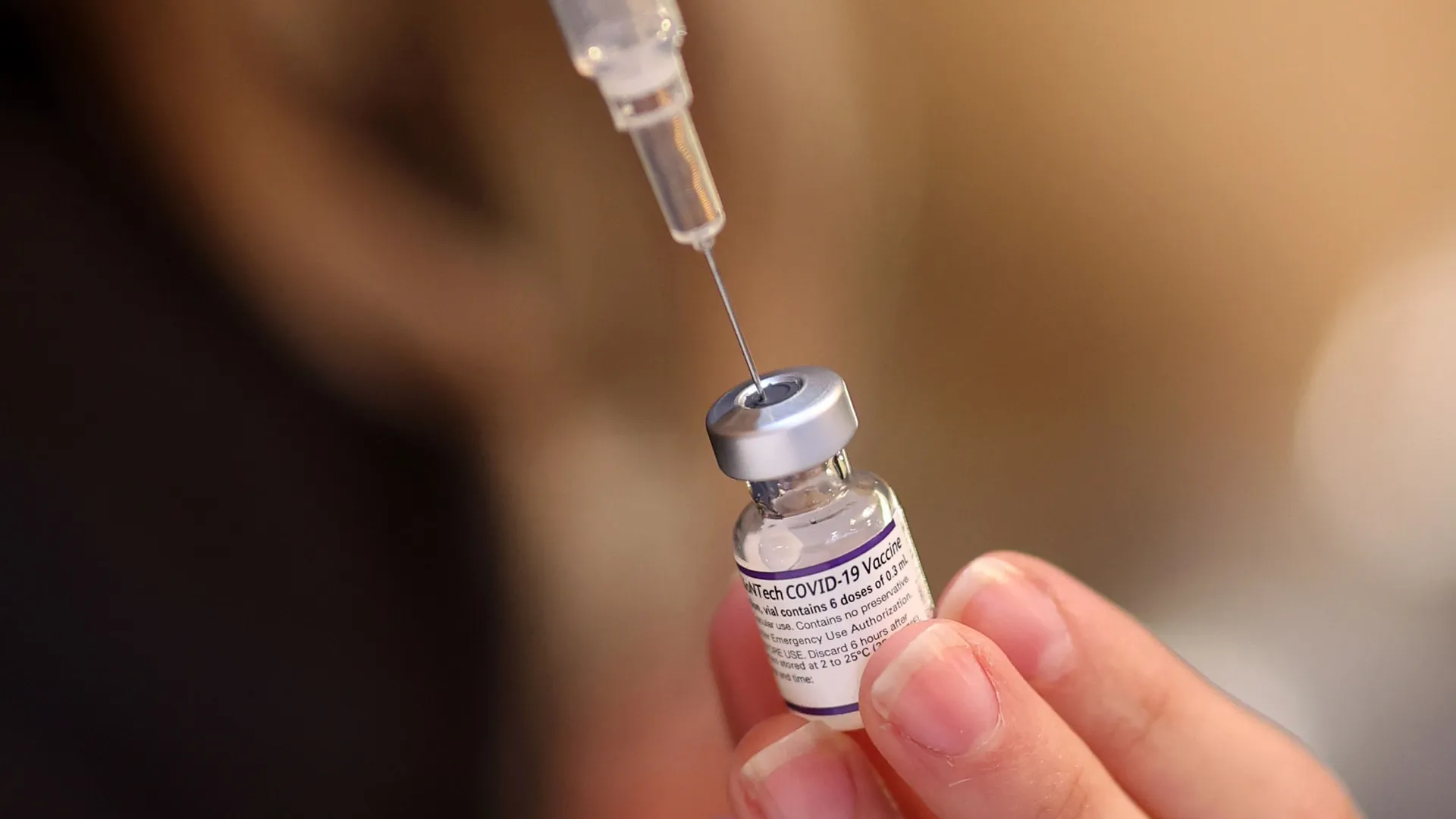Opinion
Celebrating The True Democracy Day On June 12 By Adewale Abdul

By Adewale Abdul
Twenty-seven years after the historic election of June 12, 1993, globally adjudged to be the freest, fairest and most peaceful election in Nigeria to date, Nigerians at home and abroad will be celebrating, for the first time, the real D-day as the ‘Democracy Day.’
Any honest review of our nation’s political history vis-à-vis return to civil rule after the domination of power by the military would fill one with amazement at the myriad of great sacrifices. Nigerians made aftermath of the annulment of the election, widely believed to have been won by late Alhaji MKO Abiola, by the Ibrahim Babangida-led military junta. It is therefore praiseworthy that the PMB administration decided to give honour and recognition to whom it’s due; many Nigerians who paid supreme sacrifices for the democracy we now have. June 12 is, therefore, a celebration of such great sacrifices, and in turn, the strength, courage, honesty, tenacity, and dedication that made the feats possible. However, giving recognition to people’s struggles and sacrifices for democracy as epitomized by the symbolism of June 12 is not enough, the current crop of politicians should use the day to evaluate their commitment to good governance, the rule of law and all ingredients of a truly democratic nation.
As we noted in an earlier publication, elected leaders must strive to deliver dividends of democratic governance to all and sundry: security of lives and property, quality education, efficient and affordable health services, excellent and well-maintained roads, and many more.
They should equally personify integrity, truth, and service while discharging their duties. Let them lead by outstanding examples by doing what is right, whether someone monitors or not, saying and embracing the truth always, and serving selflessly. When the preceding tasks and habits are institutionalized, we can then boldly assert that ‘the labour of June 12 heroes and heroines has not been in vain’. And we end this by saying, ‘Happy Democracy Day!’ to all Nigerians at home and in the diaspora.
Poverty Alleviation is a sin qua non to Political Success.
Metrics of development are numerous, but a significant indicator of progress is the poverty level. As a result, the level of commitment to and achievement of poverty reduction should be one of the cardinal criteria for measuring the success of Nigerian politicians, especially those at the helms of affairs at both executive and legislative arms. The fact that the majority of the Nigerian citizens cannot afford to feed with $2 a day is disheartening and enough a reason to vote out many of our elected officials.
Conscientious performance of this all-important task should be the primary yardstick of success (or failure) for any administration under review. In other words, the Nigerian citizenry should be objectively assessing elected officials through the basic development index of which poverty is a major, if not, the most important component. For a country that is almost the poverty capital of the world, it is instructive that her leaders should be judged on how successful they are in tackling the menace.
Poverty is thus a life-and-death issue that any people-oriented politician must confront frontally and seriously. Though the present administration, like its predecessors, is also embarking on series of programs (tagged “Social Investment Programmes”) to alleviate poverty and a sinking huge amount of money into it on a yearly basis, yet much has not been achieved owing to the corruption of different shades and insincerity in policy implementation.
Nigeria needs brainy and honest politicians who have mastered the nitty-gritty of policy and development and possess skills to balance politics, humanity, and interest in public good and prosperity. It is lugubrious and bewildering to see an elected official who is bidding for a second term ticket but cannot vividly state his level of achievement based on verifiable data on poverty alleviation. Second term ticket should be linked to poverty alleviation, that is, you must come out to tell the world in a proportionate term that poverty has reduced to this level in my present administration compared to the percentage I met it. With that, if I am elected again, I will sincerely work to reduce it further to a lower level so that at the end of my tenure, poverty would have gone into extinction or at least reduced to the barest minimum. So, to be adjudged a successful administration, a holistic view of how well the standard of living of citizens improves should be the first criterion.
Any government or political party who fails in this aspect should be admonished through the ballot boxes. In sum, the ultimate determinant of political success should be the provision of greater good to the great majority of the citizens through social justice, poverty reduction, and infrastructural development.
Cogent Lessons from COVID-19
It’s no longer news that COVID-19 is real and has affected virtually all facets of human existence, namely, economy, education, tourism, religion, and even our humanity. The universal community of humans, without doubt, have many lessons to learn from the pandemic experience. One of such is that man’s knowledge is limited, not absolute. Arrogant claims of some people of ‘knowledge’ have fallen flat on the face. The scourge has reminded us that a whole lot of things or phenomena are beyond human understanding and control. That humanity is vulnerable after all her advancement in knowledge and sophistication in technology is now an incontrovertible fact. This, in a way, also demystifies the so-called superpowers of the world and also casts serious doubts at their acclaimed scientific hegemony. The true Superpower is God Almighty, All-knowing.
Next is the now obvious fact that medical tourism abroad is unsustainable and counterproductive for Nigeria as a developing state. The closure of international borders along with the resulting inability of especially the ruling elite to access various hospitals abroad has left all of us (the powerful, the rich, and the poor) at the mercy of our dilapidated and poorly equipped hospitals. The need, therefore, to revamp and re-equip our general and teaching hospitals as well as create standards for private hospitals across the country can never be over-emphasized. Instead of using millions of dollars to equip and improve the healthcare systems of already developed economies, Nigerian leaders and citizens can now see that such humongous funds are better invested in both public and private health facilities, its value chain, and innovative research. Isn’t it ludicrous that the most populous African country has to wait for another country to supply her test kits for COVID-19? Why is the government not supporting our local institutions to engage in more impactful medical research? There is no doubt that the country can do far better than her current lackluster response to the plague. Besides, we can innovatively explore our indigenous knowledge for possible alternatives to medicine to complement orthodox medical practice for a more robust and sustainable health service delivery. We will be saving for the raining days and living a legacy of honour and independence for our children’s children and many more generations to come if we could heed these suggestions.
Moreover, our educational system has been on the brink of the precipice before now, and the current pandemic has exposed another major government failure in the education sector: underfunding. It became clear that our educational institutions from primary to tertiary levels are not adequately equipped to engage in digital knowledge exchange. The computers, the internet, and even in some cases, the expertise are not available to move schools online.
This only shows us that the need to invest massively in our education is non-negotiable and urgent if truly we want our citizens to compete on a global scale.
Further, the good gesture of our politicians who donated one-half of their ‘salaries’ is commendable. In contrast, the forced reduction of wages of public servants in some states like Kano ( which was unannounced) and Kaduna ( which was pre-announced) is condemnable. This latter action is in direct conflict with social and economic justice.
How can so-called leaders be so insensitive to the workers’ plight? Are the ‘big package’ of politicians comparable with the meagre ‘maintenance’ earnings of public workers? Who doesn’t know that the salaries of political office holders are almost like an infinitesimal percentage of the full emoluments which comprise of different self-awarded allowances? So This jumbo package, which makes Nigerian politicians to be among the highest-paid in the world, has always been a subject of debates among the well-informed electorate who feel the self-approved salaries and allowances do not reflect the economic realities of a third world country whose substantial number of citizens still wallow in abject poverty. It will, therefore, be a good move to re-evaluate these earnings for downward adjustments in both executive and legislative arms of government. Considering part-time working options for particularly the latter should also not be ruled out. The savings from such cuts in remunerations can be channeled into a special fund for poverty alleviation.
Adesina and the African Development Bank Politics
The recent allegations against the President of the African Development Bank, the Nigerian-born Dr. Akinwunmi Adesina cannot be ignored. While he has maintained a mature and philosophical composure to the yet-to-be-proven accusations, the pronouncement of the US envoy for an independent investigation into the matter should also be put into its proper contexts. There is no gainsaying the fact that the Purdue-trained Agricultural Economist is smart, energetic, and visionary. In addition, his convictions about the roles that African countries need to play in the global economic development will ordinarily threaten the so-called imperialists who would rather Africans continue in their slumber. Daring these ‘hawks’, he has opened (and still is opening) his African brethren’s eyes to the light of economic emancipation. The stiff opposition he is facing from the world’s Imperialist-in-Chief is not unexpected. The pointed questions that beg for answers are two. Did the US suspect a foul play in the Bank’s internal process that exonerated him? Or is it another form of politics of influence by a superpower that doesn’t want him to be re-elected? Either way, the truth is that Dr. Adesina stands to lose nothing from a third-party interrogation of the alleged infractions if truly he is innocent. However, African leaders should come together to say an emphatic ‘no’ to this naked effrontery and undue interference. They should drop all partisan interests and be unanimous in their resolve against this arrogant posturing of neocolonialism. Then, in our candid view, the African Union should constitute a panel of expert investigators to unravel the veracity or falsehood of the allegations. If the panel exonerates him from any wrongdoing, his chance of winning reelection will not only be boosted but also his traducers and their sponsors put to shame. The only fact that should rather bother us as his compatriots and friends are if he has a big skeleton in his cupboard. In case, he is unfortunately found guilty, we should vehemently lead the campaign for his legal prosecution while clearly dissociating ourselves from him. This will send a good message to our African brethren and the international community that Nigeria’s fight against corruption and bad leadership is genuine and serious.
Adewale Abdul
For: Intervention Nigeria
Advertise or Publish a Story on EkoHot Blog:
Kindly contact us at [email protected]. Breaking stories should be sent to the above email and substantiated with pictorial evidence.
Citizen journalists will receive a token as data incentive.
Call or Whatsapp: 0803 561 7233, 0703 414 5611




